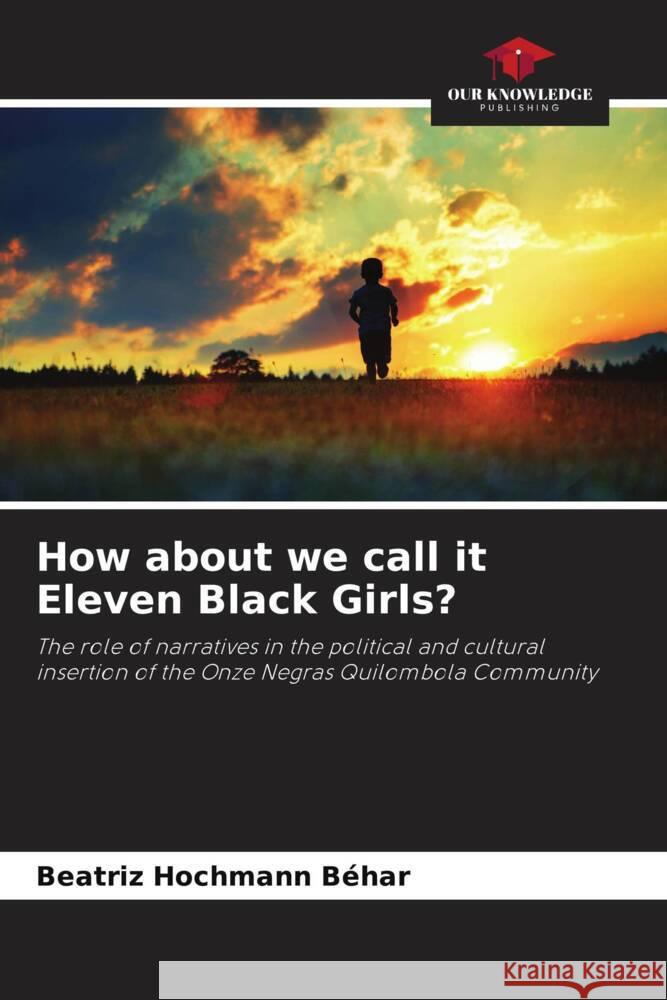How about we call it Eleven Black Girls? » książka
How about we call it Eleven Black Girls?
ISBN-13: 9786206416913 / Angielski / Miękka / 92 str.
Within the national context of recognising rural black communities as remaining quilombos, this paper seeks to analyse how the Onze Negras Quilombola Community, located in Cabo de Santo Agostinho, in the metropolitan region of Recife, is going to revisit its past and build a new collective memory as a result of the recognition process, based on the importance of the narrative of its history, understood as its heritage, which constitutes a tool for legitimisation and political and social insertion. The community's history is intertwined with the life of Maria de Fátima Silva, a community leader and one of those most responsible for its recognition. Her story, as representative of the others, provides an insight into the process of urbanisation in the region as the Suape Port Industrial Complex grew and, above all, illustrates the transformations that black communities have undergone in the context of compensatory public policies.











